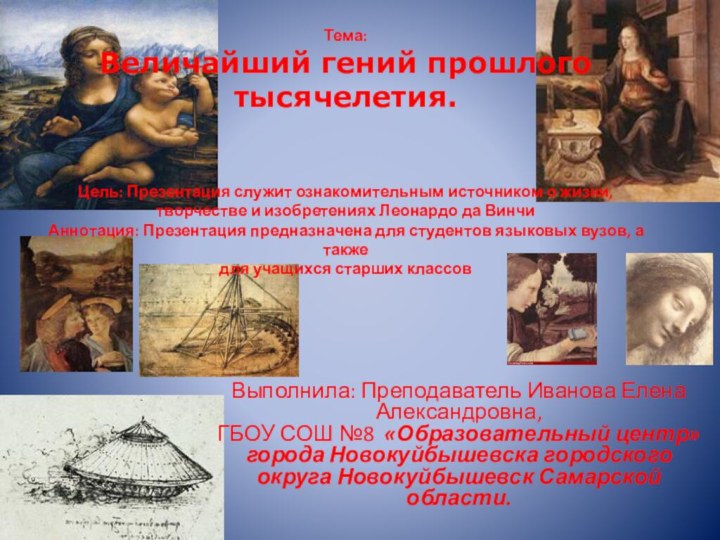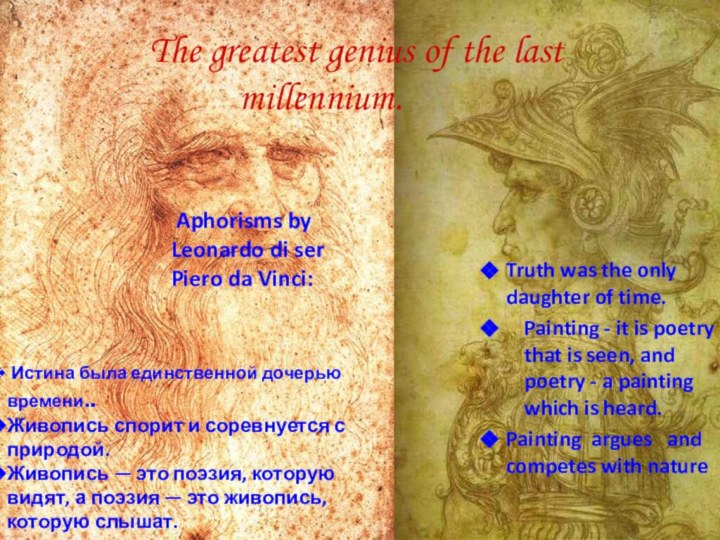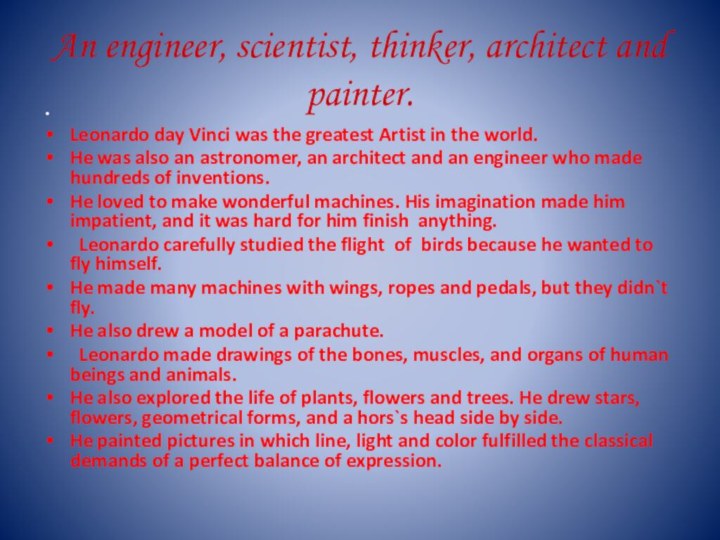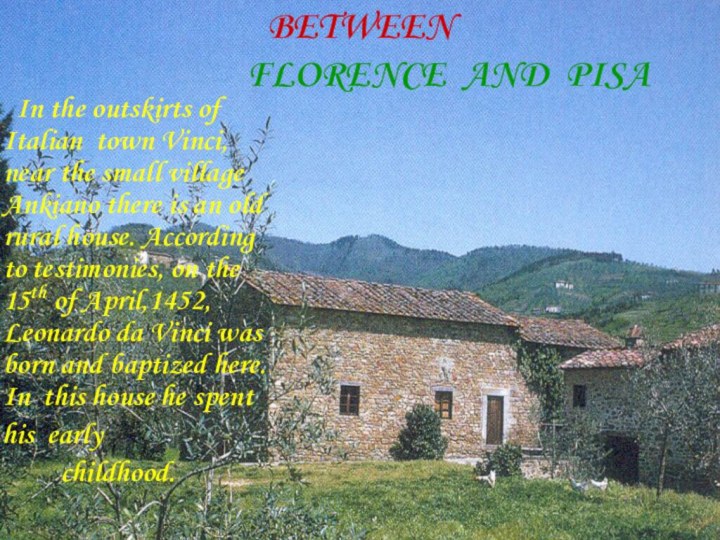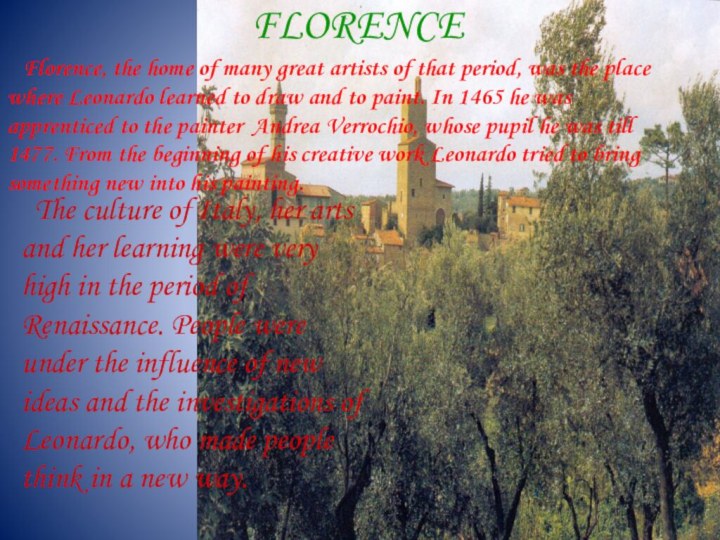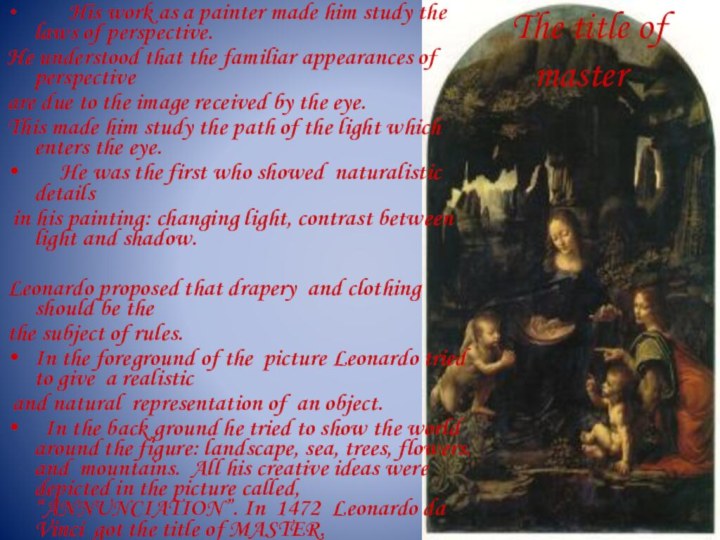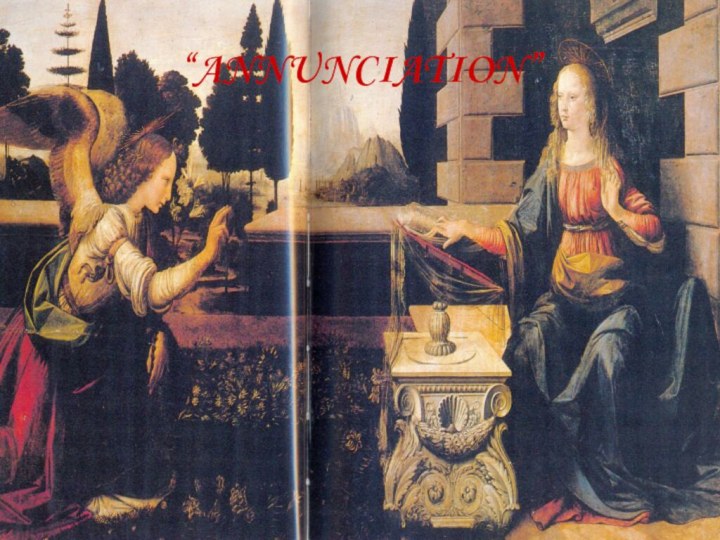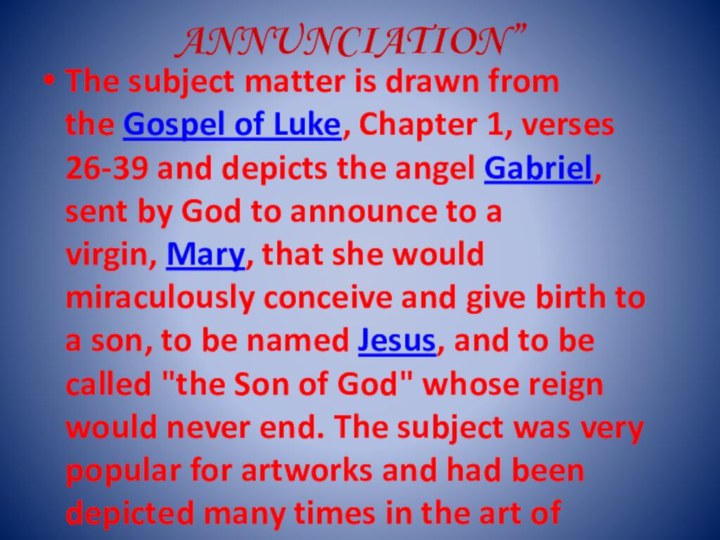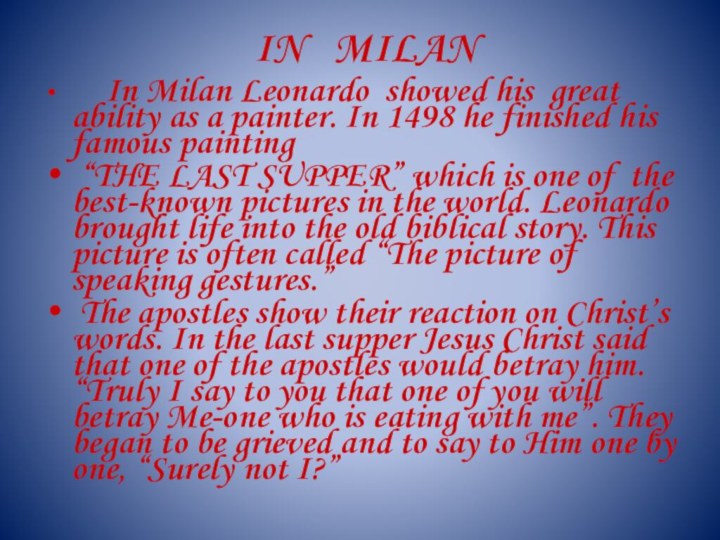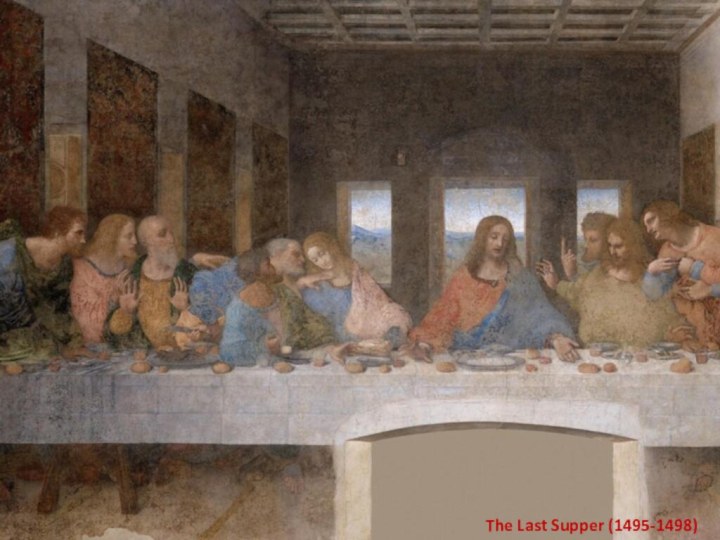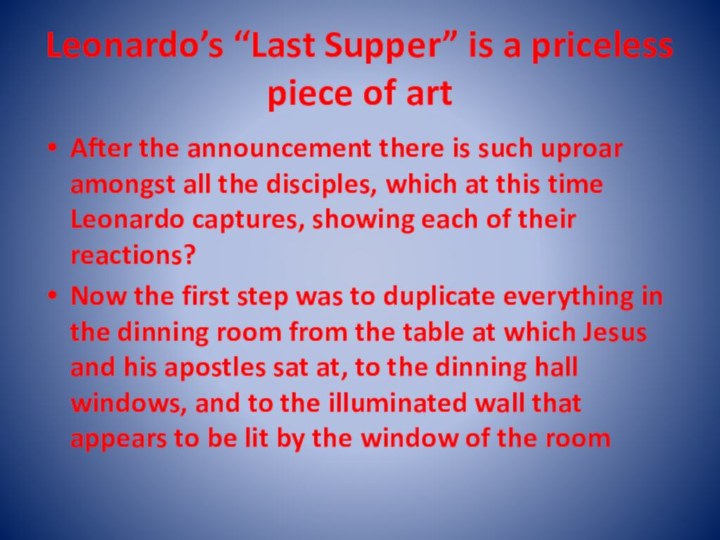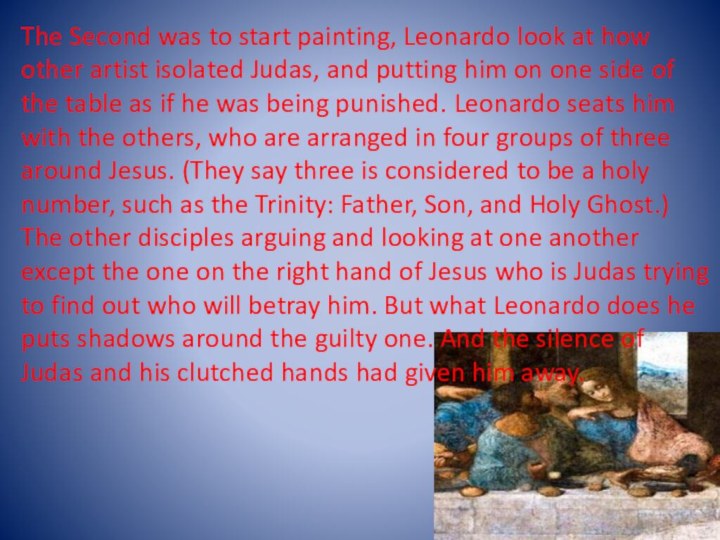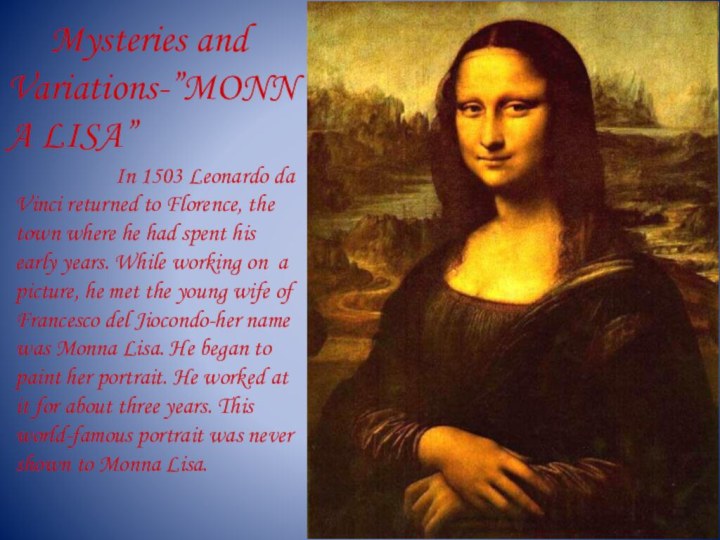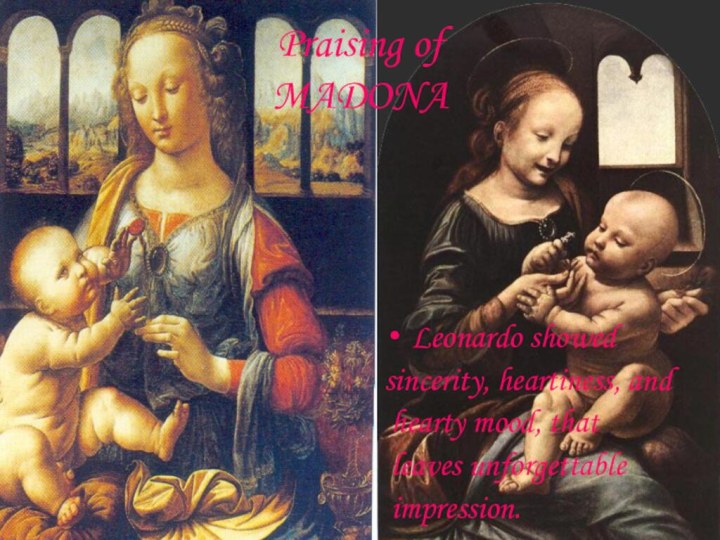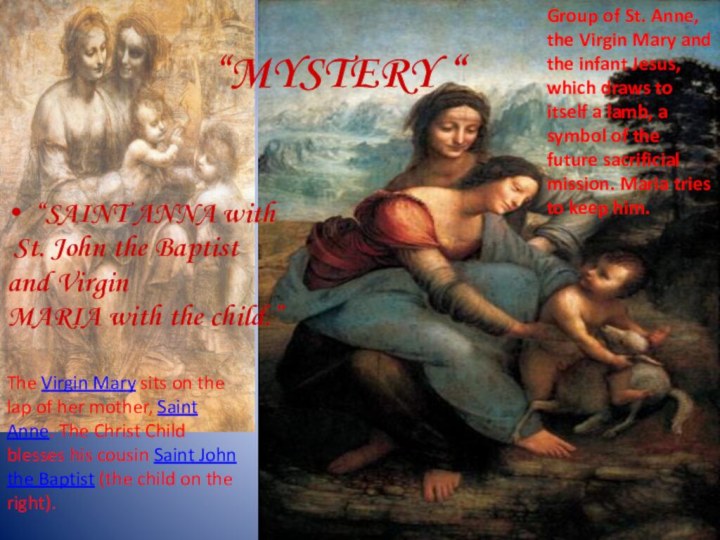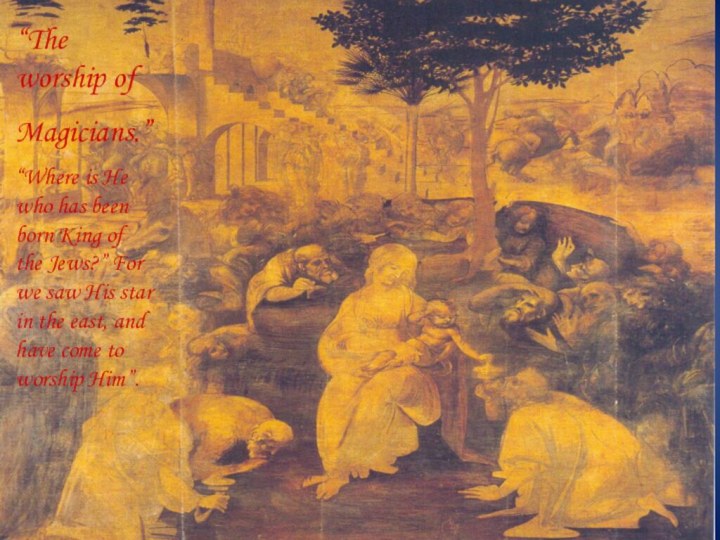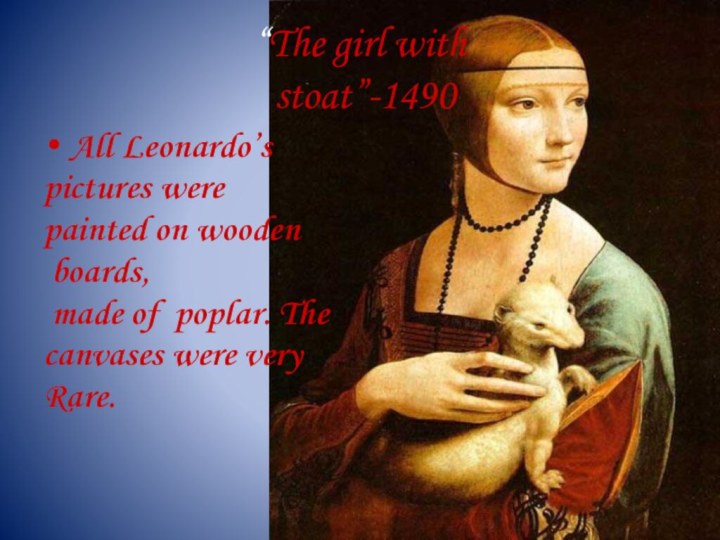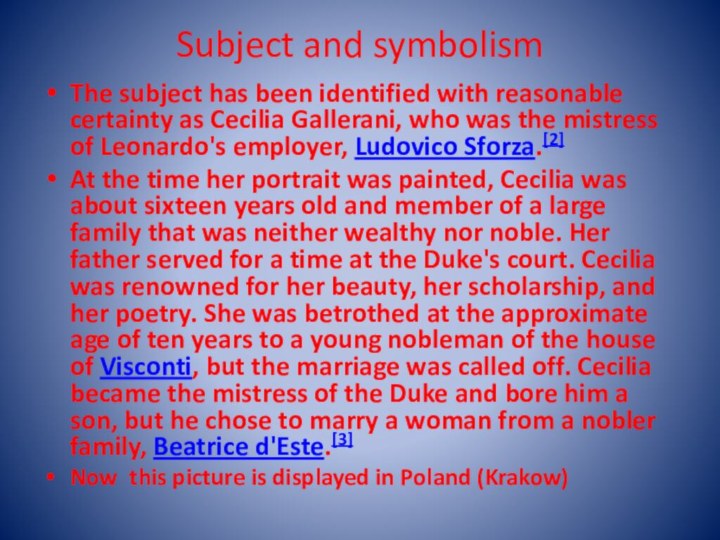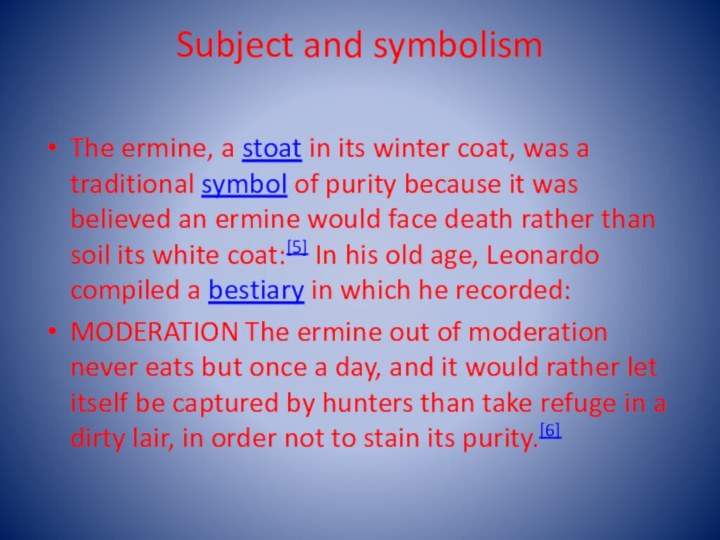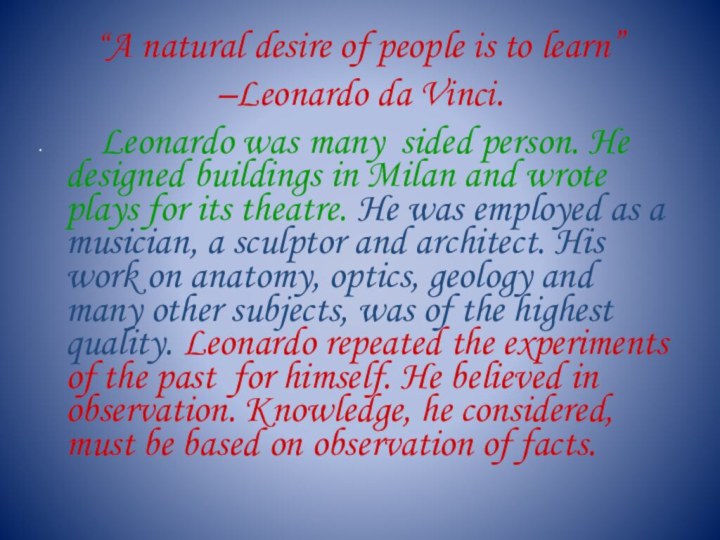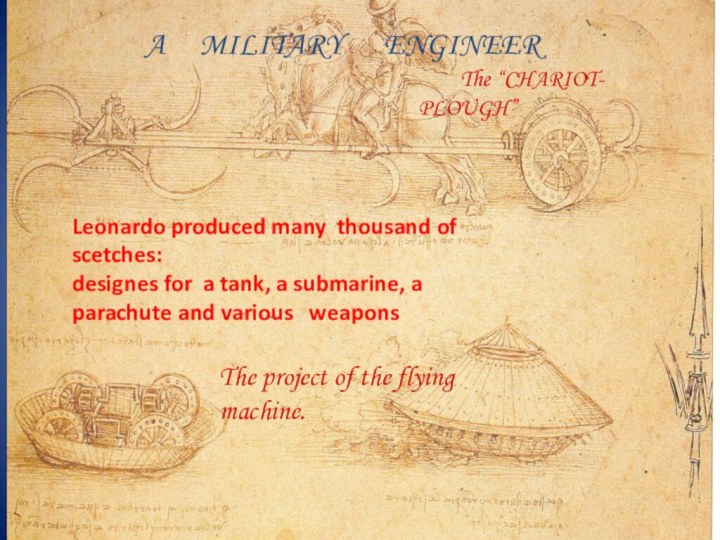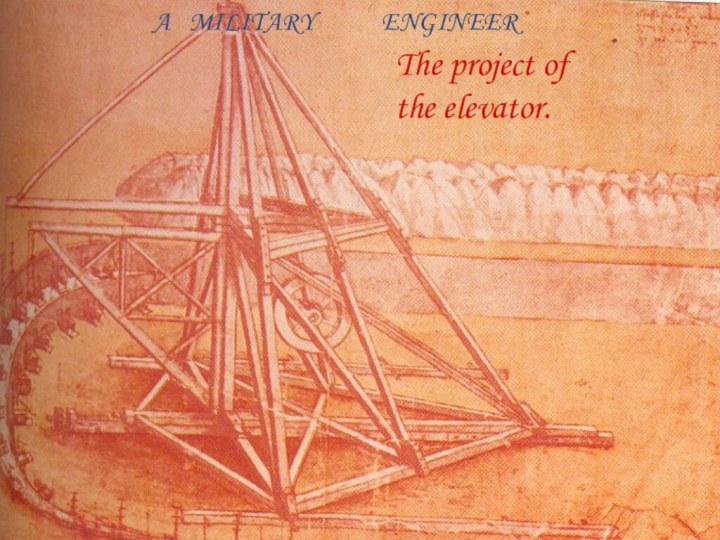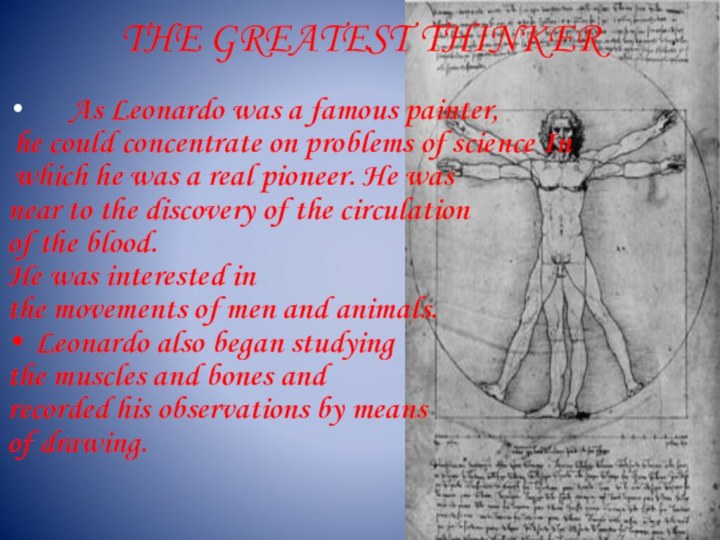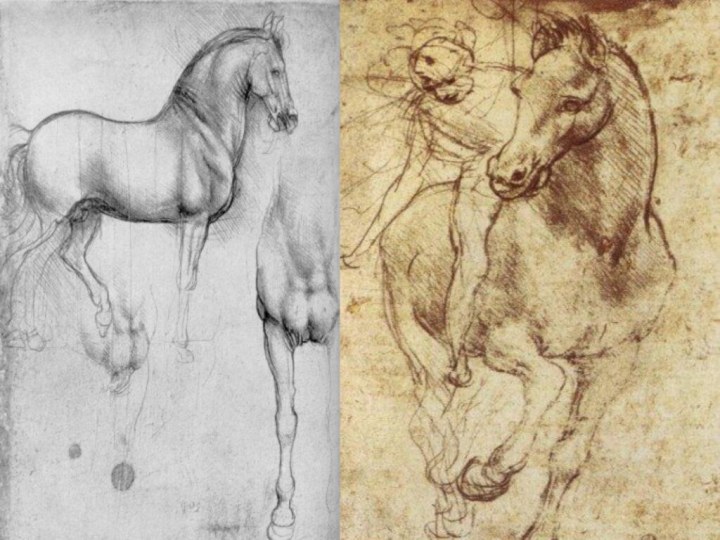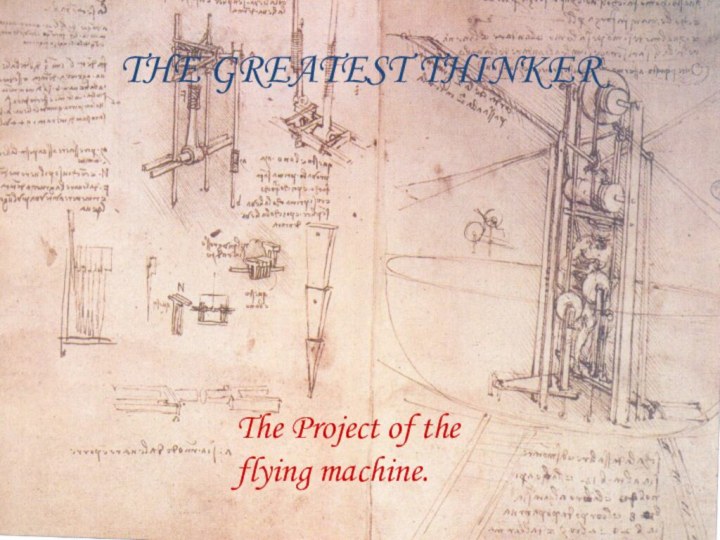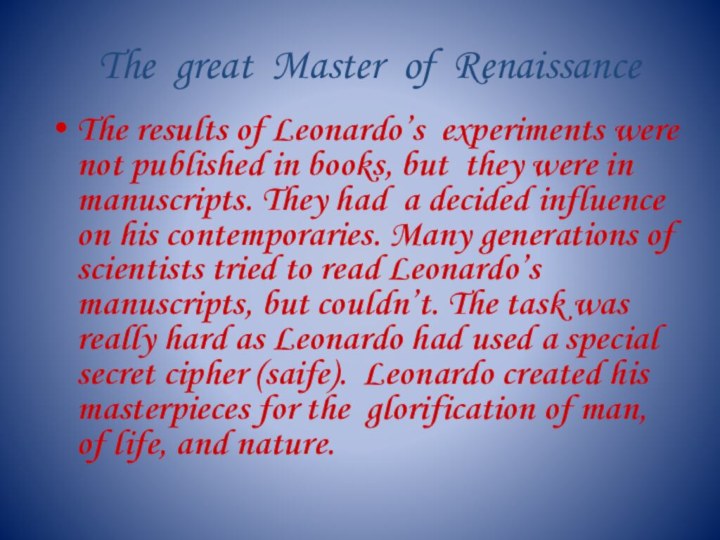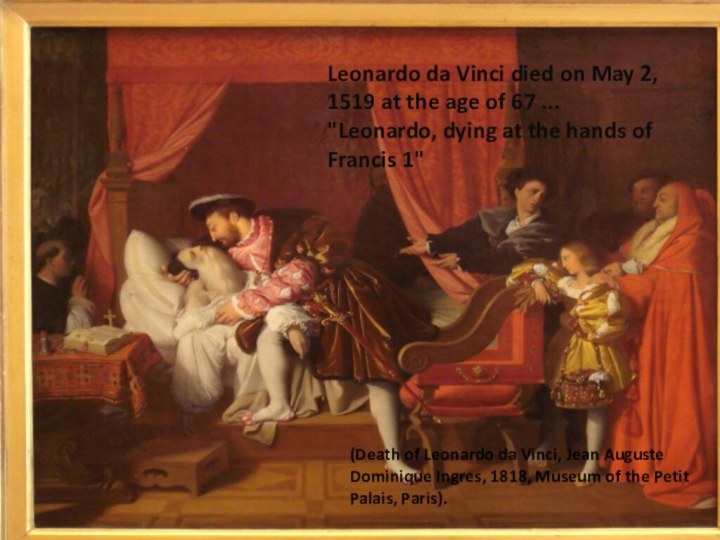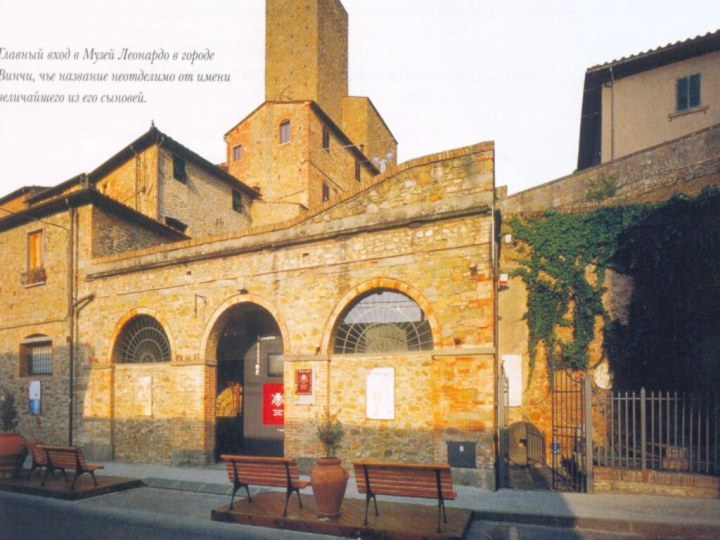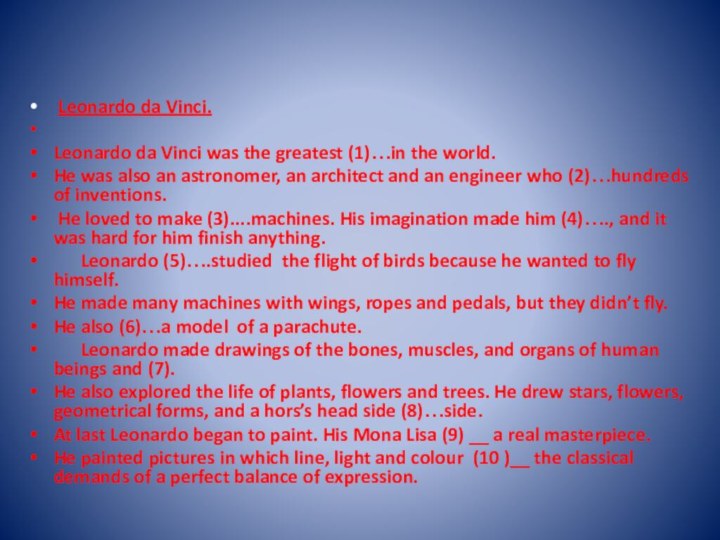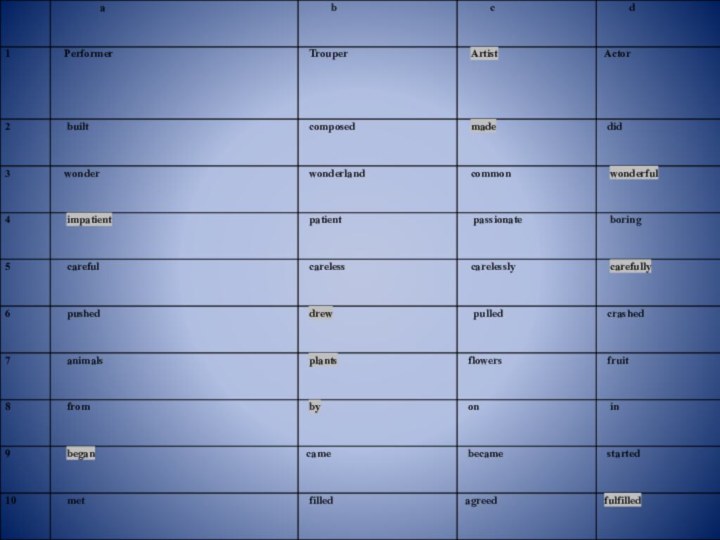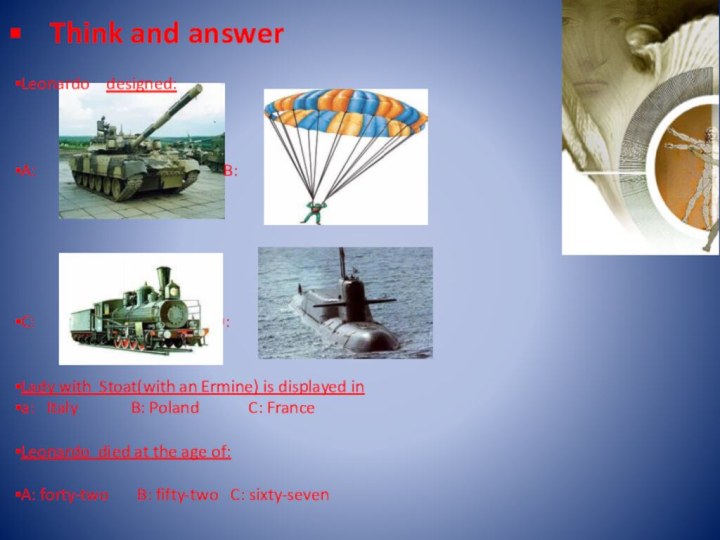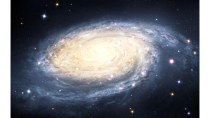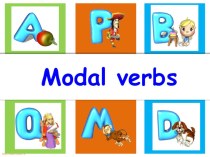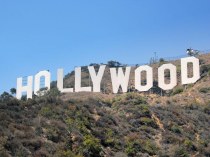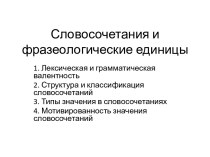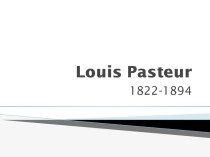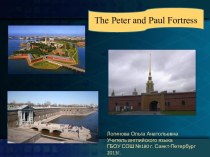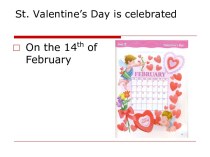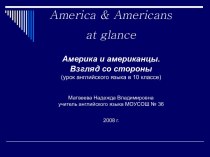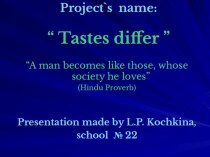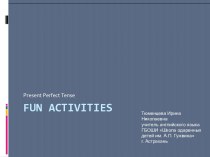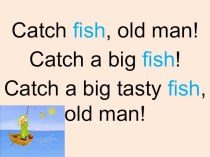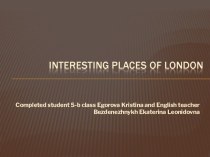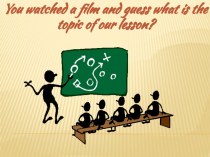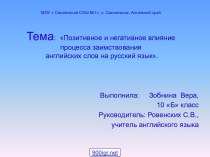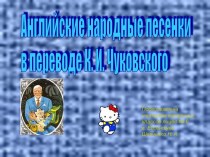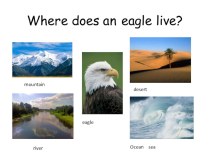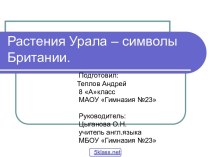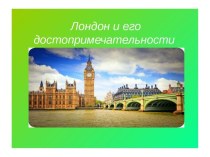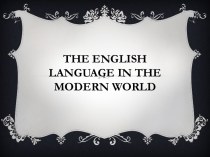Слайд 2
The greatest genius
of the last millennium.
Truth was
the only daughter of time.
Painting - it is poetry that is seen, and poetry - a painting which is heard.
Painting argues and competes with nature
.
Истина была единственной дочерью времени..
Живопись спорит и соревнуется с природой.
Живопись — это поэзия, которую видят, а поэзия — это живопись, которую слышат.
Aphorisms by Leonardo di ser Piero da Vinci:
Слайд 3
An engineer, scientist, thinker, architect and
painter.
Leonardo day Vinci was the greatest Artist in
the world.
He was also an astronomer, an architect and an engineer who made hundreds of inventions.
He loved to make wonderful machines. His imagination made him impatient, and it was hard for him finish anything.
Leonardo carefully studied the flight of birds because he wanted to fly himself.
He made many machines with wings, ropes and pedals, but they didn`t fly.
He also drew a model of a parachute.
Leonardo made drawings of the bones, muscles, and organs of human beings and animals.
He also explored the life of plants, flowers and trees. He drew stars, flowers, geometrical forms, and a hors`s head side by side.
He painted pictures in which line, light and color fulfilled the classical demands of a perfect balance of expression.
FLORENCE AND PISA
In the outskirts
of Italian town Vinci, near the small village Ankiano there is an old rural house. According to testimonies, on the 15th of April,1452, Leonardo da Vinci was born and baptized here. In this house he spent
his early
childhood.
FLORENCE
Florence, the home of many
great artists of that period, was the place where Leonardo learned to draw and to paint. In 1465 he was apprenticed to the painter Andrea Verrochio, whose pupil he was till 1477. From the beginning of his creative work Leonardo tried to bring something new into his painting.
The culture of Italy, her arts and her learning were very high in the period of Renaissance. People were under the influence of new ideas and the investigations of Leonardo, who made people think in a new way.
Слайд 6
The title of master
His work as a painter made him study the
laws of perspective.
He understood that the familiar appearances of perspective
are due to the image received by the eye.
This made him study the path of the light which enters the eye.
He was the first who showed naturalistic details
in his painting: changing light, contrast between light and shadow.
Leonardo proposed that drapery and clothing should be the
the subject of rules.
In the foreground of the picture Leonardo tried to give a realistic
and natural representation of an object.
In the back ground he tried to show the world around the figure: landscape, sea, trees, flowers. and mountains. All his creative ideas were depicted in the picture called, “ANNUNCIATION”. In 1472 Leonardo da Vinci got the title of MASTER.
Слайд 8
ANNUNCIATION”
The subject matter is drawn from the Gospel of
Luke, Chapter 1, verses 26-39 and depicts the angel Gabriel,
sent by God to announce to a virgin, Mary, that she would miraculously conceive and give birth to a son, to be named Jesus, and to be called "the Son of God" whose reign would never end. The subject was very popular for artworks and had been depicted many times in the art of Florence
Слайд 9
IN MILAN
In Milan
Leonardo showed his great ability as a painter. In
1498 he finished his famous painting
“THE LAST SUPPER” which is one of the best-known pictures in the world. Leonardo brought life into the old biblical story. This picture is often called “The picture of speaking gestures.”
The apostles show their reaction on Christ’s words. In the last supper Jesus Christ said that one of the apostles would betray him. “Truly I say to you that one of you will betray Me-one who is eating with me”. They began to be grieved and to say to Him one by one, “Surely not I?”
SUPPER”
Speaking gestures
The Last Supper (1495-1498)
Слайд 11
Leonardo’s “Last Supper” is a priceless piece of
art
After the announcement there is such uproar amongst all
the disciples, which at this time Leonardo captures, showing each of their reactions?
Now the first step was to duplicate everything in the dinning room from the table at which Jesus and his apostles sat at, to the dinning hall windows, and to the illuminated wall that appears to be lit by the window of the room
Слайд 12
The Second was to start painting, Leonardo look
at how other artist isolated Judas, and putting him
on one side of the table as if he was being punished. Leonardo seats him with the others, who are arranged in four groups of three around Jesus. (They say three is considered to be a holy number, such as the Trinity: Father, Son, and Holy Ghost.) The other disciples arguing and looking at one another except the one on the right hand of Jesus who is Judas trying to find out who will betray him. But what Leonardo does he puts shadows around the guilty one. And the silence of Judas and his clutched hands had given him away.
Variations-”MONNA LISA”
In 1503 Leonardo da Vinci returned to Florence, the town where he had spent his early years. While working on a picture, he met the young wife of Francesco del Jiocondo-her name was Monna Lisa. He began to paint her portrait. He worked at it for about three years. This world-famous portrait was never shown to Monna Lisa.
Слайд 14
Praising of
MADONA
Leonardo showed
sincerity, heartiness, and
hearty
mood, that
leaves unforgettable
impression.
Слайд 15
“MYSTERY “
“SAINT ANNA with
St. John the Baptist
and
Virgin
MARIA with the child.”
Group of St. Anne,
the Virgin Mary and the infant Jesus, which draws to itself a lamb, a symbol of the future sacrificial mission. Maria tries to keep him.
The Virgin Mary sits on the lap of her mother, Saint Anne. The Christ Child blesses his cousin Saint John the Baptist (the child on the right).
Слайд 16
“The worship of
Magicians.”
“Where is He who has
been born King of the Jews?” For we saw
His star in the east, and have come to worship Him”.
Слайд 17
“The girl with
stoat”-1490
All Leonardo’s
pictures were
painted on
wooden
boards,
made of poplar. The
canvases were very
Rare.
Слайд 18
Subject and symbolism
The subject has been identified with
reasonable certainty as Cecilia Gallerani, who was the mistress
of Leonardo's employer, Ludovico Sforza.[2]
At the time her portrait was painted, Cecilia was about sixteen years old and member of a large family that was neither wealthy nor noble. Her father served for a time at the Duke's court. Cecilia was renowned for her beauty, her scholarship, and her poetry. She was betrothed at the approximate age of ten years to a young nobleman of the house of Visconti, but the marriage was called off. Cecilia became the mistress of the Duke and bore him a son, but he chose to marry a woman from a nobler family, Beatrice d'Este.[3]
Now this picture is displayed in Poland (Krakow)
Слайд 19
Subject and symbolism
The ermine, a stoat in its winter coat,
was a traditional symbol of purity because it was believed an
ermine would face death rather than soil its white coat:[5] In his old age, Leonardo compiled a bestiary in which he recorded:
MODERATION The ermine out of moderation never eats but once a day, and it would rather let itself be captured by hunters than take refuge in a dirty lair, in order not to stain its purity.[6]
Слайд 20
“A natural desire of people is to learn”
–Leonardo da Vinci.
Leonardo was many sided person. He designed buildings in Milan and wrote plays for its theatre. He was employed as a musician, a sculptor and architect. His work on anatomy, optics, geology and many other subjects, was of the highest quality. Leonardo repeated the experiments of the past for himself. He believed in observation. Knowledge, he considered, must be based on observation of facts.
Слайд 21
The project of the flying machine.
The “CHARIOT- PLOUGH”
A MILITARY ENGINEER
Leonardo produced many thousand of scetches:
designes for a tank, a submarine, a parachute and various weapons
THE GREAREST
THINKER
A MILITARY ENGINEER
The project of the elevator.
Слайд 23
THE GREATEST THINKER
As Leonardo was
a famous painter,
he could concentrate on problems of
science In
which he was a real pioneer. He was
near to the discovery of the circulation
of the blood.
He was interested in
the movements of men and animals.
Leonardo also began studying
the muscles and bones and
recorded his observations by means
of drawing.
Слайд 25
THE GREATEST THINKER
The Project of the flying machine.
Слайд 26
The great Master of Renaissance
The results
of Leonardo’s experiments were not published in books, but
they were in manuscripts. They had a decided influence on his contemporaries. Many generations of scientists tried to read Leonardo’s manuscripts, but couldn’t. The task was really hard as Leonardo had used a special secret cipher (saife). Leonardo created his masterpieces for the glorification of man, of life, and nature.
Слайд 27
Leonardo da Vinci died on May 2, 1519
at the age of 67 ... "Leonardo, dying at
the hands of Francis 1"
(Death of Leonardo da Vinci, Jean Auguste Dominique Ingres, 1818, Museum of the Petit Palais, Paris).
Слайд 29
Leonardo da Vinci.
Leonardo da Vinci was the
greatest (1)…in the world.
He was also an astronomer,
an architect and an engineer who (2)…hundreds of inventions.
He loved to make (3)....machines. His imagination made him (4)…., and it was hard for him finish anything.
Leonardo (5)….studied the flight of birds because he wanted to fly himself.
He made many machines with wings, ropes and pedals, but they didn’t fly.
He also (6)…a model of a parachute.
Leonardo made drawings of the bones, muscles, and organs of human beings and (7).
He also explored the life of plants, flowers and trees. He drew stars, flowers, geometrical forms, and a hors’s head side (8)…side.
At last Leonardo began to paint. His Mona Lisa (9) __ a real masterpiece.
He painted pictures in which line, light and colour (10 )__ the classical demands of a perfect balance of expression.
